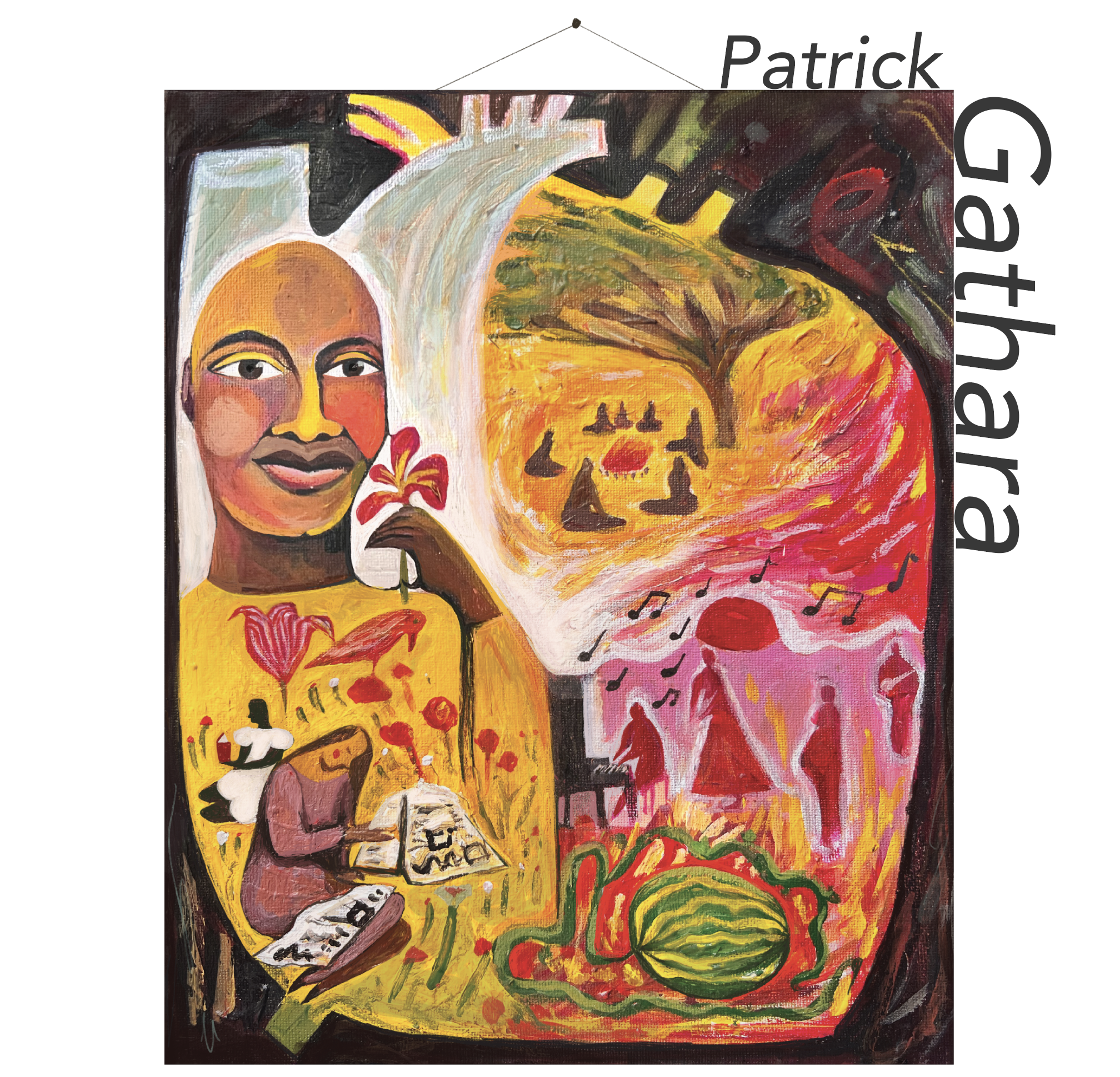Episode 11: Inclusive storytelling from Gaza and beyond with Patrick Gathara
Part 1:
Part 2:
For the 1st episode of The Heart Gallery Season 2, I talk to Patrick Gathara, The New Humanitarian's Senior Editor of Inclusive Storytelling. Patrick talks about what inclusive storytelling look like in a context where the news is changing by the minute, where echo chambers are swirling with recycled talking points, where mainstream media is saturated with dehumanization of whole groups of people, and all while a literal genocide on the people of Gaza is being carried out. We also discuss the state of inclusive journalism and the storytelling elsewhere in the world: what is going well, where we're falling short, and what we should demand more - and less - of from our media.
HW from Patrick: "The one thing I would ask audiences to do is to read up and to read up especially on history. You find very interesting things when you look even at the most ordinary things, the assumptions that you make. Let me tell you one that happened to me. I'm born in Kenya, brought up in this society where I was taught that there are things called tribes, that we are all divided into these 42 communities. And I've been there for eons - these age-old identities that we've had. But it doesn't take much to actually debunk it. It really just takes a curious manner to ask, "all right, where did that come from?". You read a bit and you find there's loads of research that's been done into this evolution of identity. You start learning how lots of what we think of as ethnic communities, if you were to go just a hundred years ago, the people who had that brand, who had that name, who had that identity, might not even recognize that. We've been taught in Kenya today that "tribe" is this totalizing identity. It captures everything, from your politics to how you live, to how you dress. Then you find, for a lot of these guys, it didn't really matter much. It was understood as a very fluid thing, while today we are being told it is kind of encoded in your genes. So understanding how the world has been made, how you have been taught to see it, through history, through your thinking about the world, it can be a really liberating experience. So, I would urge your listeners to engage in that, to think of something that they think is really important to them, that really defines them, and to ask, "why do I think that?" "Where does that come from?". To go into it and research it. And I think you will find many times that there is much more we have in common than the things that we think define us."
Mentioned by Patrick:
- WhatsApp, Lebanon?
- The Yemen Listening Project
- Writer Shailja Patel and her book Migritude
- Cartoonist Gado
- Cartoonist Paul "Maddo" Kelemba
Connect:
- Patrick's Twitter
- The New Humanitarian
- The Heart Gallery Instagram
- The Heart Gallery website
- Rebeka Ryvola de Kremer Instagram
Credits:
Samuel Cunningham for podcast editing, Cosmo Sheldrake for use of his song Pelicans We, podcast art by me, Rebeka Ryvola de Kremer.
Transcript:
~ coming soon ~

